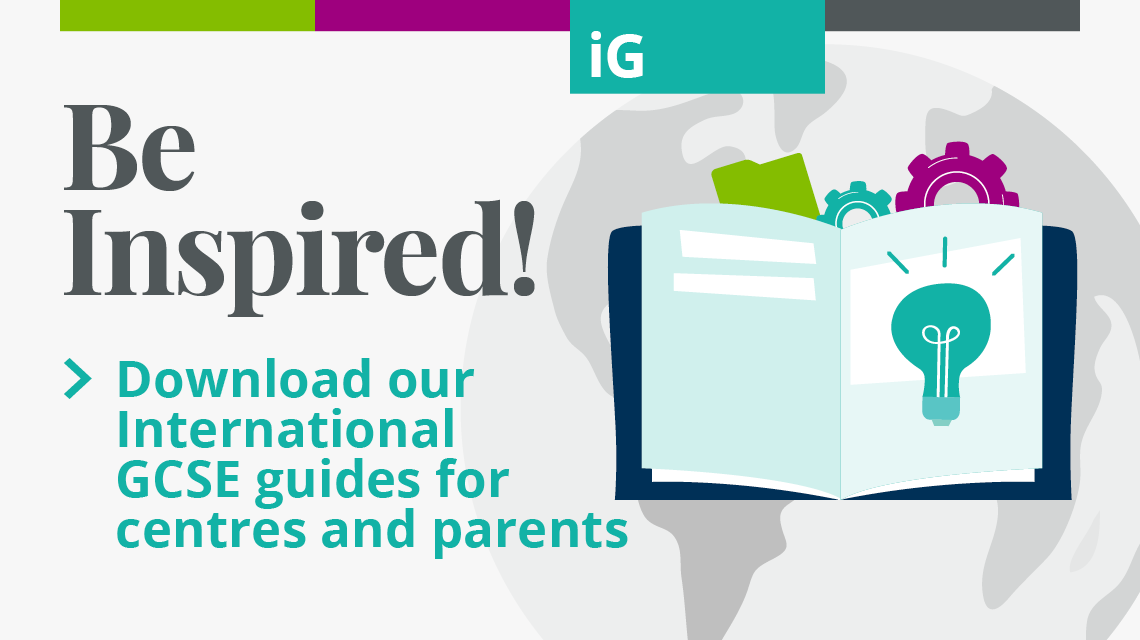The 9–1 grading scale explained
Pearson Edexcel International GCSEs are awarded using the nine point grading scale (9–1), introduced by the UK government to raise standards and recognise top-performing students.
Over 5 million GCSEs and International GCSEs are awarded using the 9–1 grading scale, making it the most used and recognised grading scale for GCSE and International GCSE. By moving to the 9–1 grading scale, you ensure that your choice of International GCSE is most closely aligned to the British curriculum and meets the same standards as Ofqual (The Office of Qualifications and Examinations Regulation) set in the UK, so students can successfully progress to GCE A level, International A level and on to university.
Support and Assessment
Transparent support and assessment
Making a decision from the outset to move to 9–1 grading has ensured our International GCSE qualifications have been carefully re-developed to be appropriate for this grading scale. This has been set out in the design of the updated qualification content, assessment objectives, and question papers, and ensures that we can target the requirements of the new scale. By focusing on one grading scale, it also ensures we maintain our quality provision of support materials, assessment, unrivalled marking processes and reliable results.
Understanding International GCSE (9-1) Awarding
Watch our video to understand how International GCSE’s are awarded.
Pearson Edexcel 9-1 Grading Scale for International Schools
Watch our video about the new updated International GCSE (9-1) and hear from Derek Richardson, Vice President, Responsible Officer.


Next Steps
To find out more and stay up to date with the latest news on International GCSE (9-1), complete our expression of interest form.

